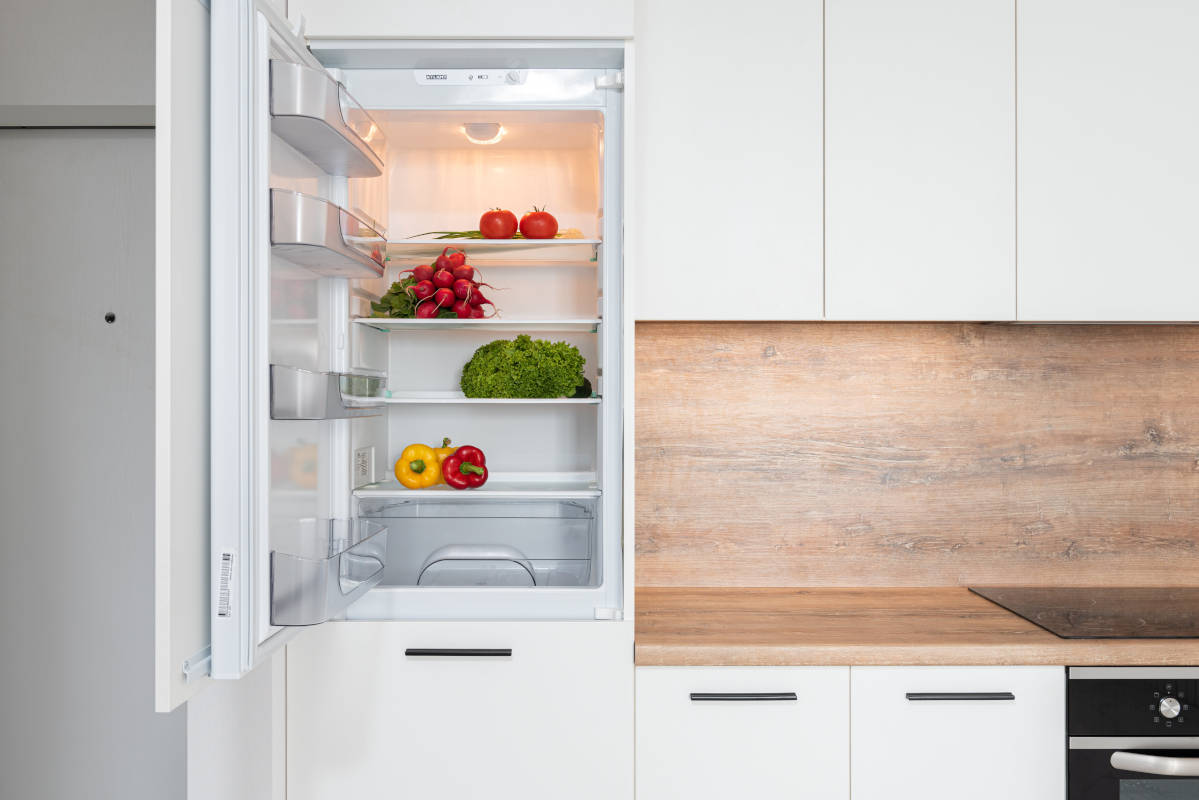
The refrigerator stands as an essential appliance in every household, diligently preserving perishables and ensuring our food remains fresh. However, when this indispensable appliance malfunctions, especially when it stops freezing, it can disrupt our daily lives and potentially lead to food spoilage. Understanding why refrigerators break down and cease freezing is crucial in addressing these issues effectively.
1. Evaporator Coils and Frost Buildup:
One common reason for a refrigerator failing to freeze stems from issues with the evaporator coils. When these coils are covered in excessive frost or ice, they can’t efficiently absorb heat from the refrigerator’s interior. Frost buildup often occurs due to a malfunctioning defrost system, which could include a faulty defrost timer, heater, or thermostat. This impedes the cooling process, resulting in insufficient freezing temperatures within the appliance.
Solution: Thawing the frost manually and inspecting the defrost system components for faults is essential. Replacing any defective parts, such as the defrost timer, heater, or thermostat, can restore proper functionality.
2. Condenser Coils and Overheating:
Another reason behind a refrigerator’s breakdown and loss of freezing capability could be dirty or clogged condenser coils. When these coils are covered in dust, grime, or debris, they struggle to release heat efficiently. As a consequence, the refrigerator’s compressor works harder to maintain the desired temperature, leading to overheating and potential breakdown.
Solution: Regularly clean the condenser coils to remove accumulated dirt and debris. This simple maintenance task can significantly improve the refrigerator’s performance and prevent overheating-related issues.
3. Faulty Compressor:
The compressor plays a vital role in the refrigeration process by circulating refrigerant through the coils to facilitate cooling. A malfunctioning compressor can result in inadequate cooling and a lack of freezing within the refrigerator. Issues with the compressor might stem from electrical failures, motor problems, or refrigerant leaks.
Solution: Diagnosing compressor issues often requires professional expertise. A qualified technician can determine whether the compressor needs repair or replacement, ensuring the refrigerator resumes proper freezing functionality.
4. Temperature Control Problems:
Inaccurate temperature settings or a malfunctioning thermostat can also cause a refrigerator to stop freezing. If the thermostat fails to regulate the internal temperature correctly, the appliance might not reach the desired freezing levels.
Solution: Check the temperature settings and ensure they are appropriately adjusted. If the problem persists, it might indicate a faulty thermostat that requires replacement.
5. Insufficient Refrigerant Levels:
Refrigerant is vital for the cooling process within the refrigerator. Insufficient levels of refrigerant due to leaks can hinder the appliance’s ability to maintain freezing temperatures.
Solution: Detecting and repairing refrigerant leaks should be handled by a certified technician. They can identify the leaks, repair them, and recharge the refrigerator with the appropriate amount of refrigerant.
In conclusion, a refrigerator’s breakdown and cessation of freezing can result from various issues, ranging from evaporator coil frost buildup to compressor malfunctions or thermostat problems. Regular maintenance, timely repairs, and professional assistance when necessary are key to addressing these issues effectively. Understanding these common causes and implementing appropriate solutions can help restore your refrigerator’s freezing functionality, ensuring the longevity and efficiency of this indispensable appliance in your home.
